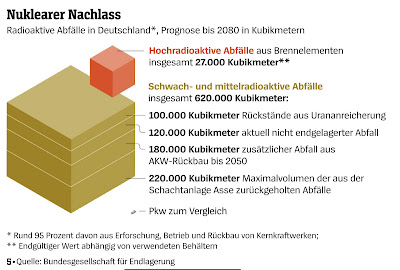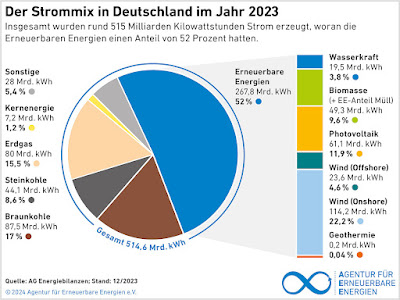The speaker was none other than Prof. Andreas Voßkuhle (fox‘s lair in lower German), former President of the Federal Constitutional Court. Since - unlike in the USA - Germany’s supreme judges are elected for a fixed term, Prof. Voßkuhle is back at his old university in Freiburg.

|
| Chairman Werner Frick (right) introducing the speaker Andreas Voßkuhle |
The Athenian city-state was the cradle of democracy, but Prof. Gehrke told us that many customs and actions in ancient Greece do not fit in with the idea of democracy today. That's why Prof. Voßkuhle repeated the statement
several times in his lecture.
This is different in Switzerland, where the sovereign, the people, may have the final say in government decisions. For many, this kind of direct democracy - including all adult people - is the ideal form of (Volksherrschaft) popular sovereignty.
During his many years in Switzerland, Red Baron often experienced people voting against government proposals with no rational reason, apparently. Still, the government accepted the sovereign's decision and usually found detours to pass its then-softened ideas. Prof. Voßkuhle spoke of the government's fear of the people's voice.
I cannot discuss the many exciting aspects of Prof. Voßkuhle's lecture here. I'll limit myself to the various voting systems in democracies.
For organizational reasons alone, for large populations, representative democracy is the better choice than direct democracy.
In a direct election, in its purest form, the person obtaining the majority of votes in a constituency is elected. The number of seats in parliament corresponds to the number of elected deputies.
Churchill said of the direct election of MPs, as practiced in the UK and the USA, "It isn't one hundred percent democratic, but it works."
"The winner takes it all" suppresses small parties and minorities. This is why proportional representation is more democratic, but the presentation of smaller parties leads to a fragmentation of votes in parliament, making it more difficult to form governments.
The negative example of a proportional vote refers to the Weimar Republic before its collapse when the Nazis seized power. End of the 1920s, it became impossible to bring the opinions of the many small parties in the Reichstag under one democratic umbrella and thus form a government.
This is why the electoral law of the Federal Republic of Germany has the so-called five percent hurdle. Only parties that receive at least 5% of the votes are represented in the Bundestag, although this is not 100% democratic either.
For me, the best form is the French electoral law. Parties put up their candidates in constituencies, and the people vote. If a party candidate receives more than 50% of the votes, he/she is elected.
If none of the candidates receives the absolute majority, there is a "second tour" between two and sometimes three candidates who received the most votes in the "premier tour." In the run-off election, the candidate with the relative majority of votes is the winner.
This "mixed "mode comes closest to my understanding of democratic voting, as the candidate elected represents a constituency in which he/she is known to the people. At the same time, such an election procedure still reflects the balance of votes between the parties quite well.
Today, Germany's constitution, our Grundgesetz (Basic Law), turns 75. It was promulgated on May 23, 1949, which also marks the founding date of the Federal Republic of Germany.
Because of the crimes Nazi Germany committed against humanity during the 3rd Reich, the most important provision of our GG is Art. 1 Para. 1: Human dignity is inviolable. Respecting and protecting is the obligation of all state authorities.



















































